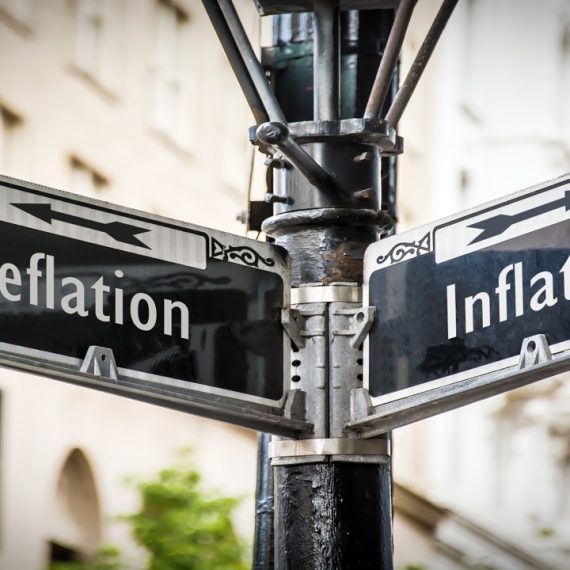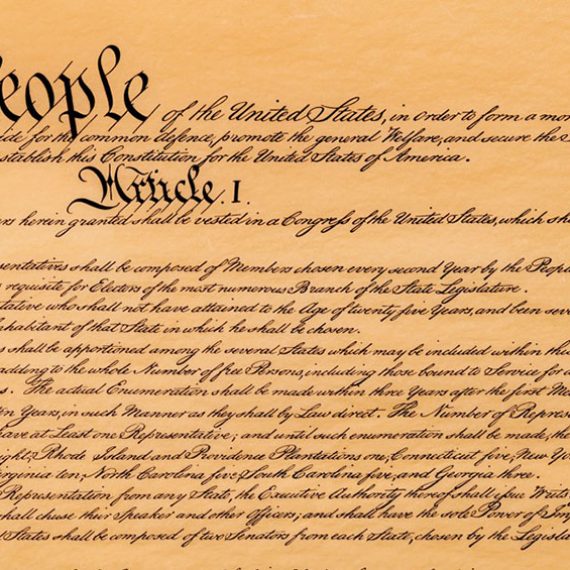January 26, 2009 – There is a determined grassroots movement in the United States seeking the restoration of sound money. There are many different groups comprising this movement, but all share the same aim. It is to restore gold and silver to its rightful role as the money of the United States, as mandated by the Constitution.
I have written about this movement before. In “The Quest for Sound Money in New Hampshire” in May 2005 I discussed the bill, called the “New Hampshire Sound Money Bill”, that was drafted by Constitutional scholar and lawyer, Dr. Edwin Vieira. It was presented to the New Hampshire legislature, but sadly, remains pending in committee.
If enacted, the bill will enable people to use gold and silver in their transactions with the state of New Hampshire. New subscribers may want to read my article discussing this bill, the aims of its several sponsors and some important background information on the monetary provisions of the Constitution: www.goldmoneybill.org
In March 2007, I testified before the Commerce Committee of the New Hampshire legislature in support of this bill. My testimony can be read at the following link: www.financialsense.com
More information about the New Hampshire bill is also available at the website maintained by the bill’s sponsors at the following link: www.goldmoneybill.org. Though the New Hampshire bill remains mired in that state legislature’s Commerce Committee, it has nevertheless had some meaningful impact. Individuals in other states have modeled similar bills for introducing to their own legislature. The latest state to do so is Indiana.
State Senator Greg Walker has introduced to the Indiana legislature Senate Bill 453. It is called “The Indiana Honest Money Act” and seeks the same aims as the pending New Hampshire legislation, though it has been re-worked specifically for Indiana.
If enacted, the bill offers citizens of Indiana a choice of gold and silver coin or an electronic equivalent to conduct their monetary transactions with the state. By doing so, the bill will bring Indiana into compliance with Article 1, Section 10 of the Constitution which states: “No state shall…make any Thing but gold and silver Coin a Tender in Payment of Debts…” It will enable individuals and the state of Indiana to lawfully transact with one another in a constitutional currency.
The Indiana Honest Money Act will be voluntary for citizens, but mandatory for certain businesses. For example, the cigarette industry will be required to pay taxes to the state in gold or silver, which will allow Indiana to fund its Treasury with enough gold or silver to ensure that there is sufficient metal in circulation and available for transactions.
As is consistent with the New Hampshire legislation, the use of precious metal is not intended to replace present US currency, namely, Federal Reserve Notes. Instead it enables the circulation of a competing currency, but it is one that complies in all respects with Constitutional mandates.
The next step for Indiana’s bill, S.B. 453, is to be approved by the legislature’s Tax and Fiscal Committee. The official wording for S.B. 453 is available by clicking here.
Also, more information is available about “The Indiana Honest Money Act” at the following website that has been launched by the bill’s supporters: indianahonestmoney.com
Will Indiana be able to achieve what New Hampshire so far has not been able to accomplish, namely, getting the bill signed into law? Only time will tell, but even asking this question no doubt must have the framers of the Constitution spinning in their graves. To them the mandates of the Constitution requiring gold and silver currency were clear.
The new Congress and President Washington obviously understood those mandates when they passed into law in 1792 the Coinage Act. It established the Silver Dollar, weighing 371-1/4 grains of fine silver, as the monetary unit of account of the United States. This Act also established the value of gold in terms of silver, namely, 15 grains of silver were deemed to equal one grain of gold. By setting this rate of exchange between gold and silver, the new Congress and President Washington were fulfilling their Constitutional duty as required in Article I, Section 8, which states: “To coin Money, regulate the Value thereof…”
This clause – “regulate the Value thereof” – is often misunderstood today, but its intent was clear to the framers. It meant only one thing. Congress was required to fix the rate of exchange between gold and silver, and by so doing, determine whether the country would be on a gold or silver standard. A silver standard was established by the 1792 Act and remained the monetary standard until the Gold Standard Act was passed and signed into law in 1900.
To “regulate the Value thereof” did not mean that Congress and the president could change the value of the dollar or debase it with inflation. The dollar is supposed to be an unchanging unit of measure like a ‘foot’, a ‘pound’ or a ‘gallon’. The federal government has no authority to change the ‘size’ of the dollar, just like it cannot change any other measure.
As evidence for this conclusion, note that clause 5 of Article I, Section 10 reads in its entirety: “To coin money, regulate the value thereof, and of foreign coin, and fix the standard of weights and measures.” The framers understood that money is no different from other units of measure, and accordingly, they placed these items within the same clause by granting to Congress the power to establish these standards. And so it was, until 1933 with the confiscation of gold by Franklin Roosevelt, which began the process – which continues to this day – of debasing the dollar and moving it further from the requirements of the Constitution.
Hopefully the efforts in Indiana and New Hampshire and in time, other states will bring about the required change needed to put the US back on the right path, one state at a time. It is what the framers intended. It is the lawful alternative. It is the path to constitutionally mandated sound money.

 My objective is to share with you my views on gold, which in recent decades has become one of the world’s most misunderstood asset classes. This low level of knowledge about gold creates a wonderful opportunity and competitive edge to everyone who truly understands gold and money.
My objective is to share with you my views on gold, which in recent decades has become one of the world’s most misunderstood asset classes. This low level of knowledge about gold creates a wonderful opportunity and competitive edge to everyone who truly understands gold and money.
